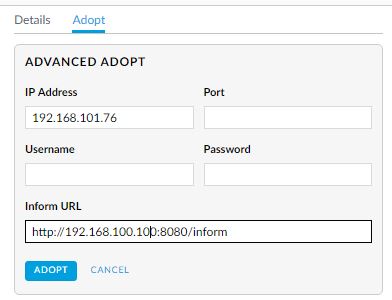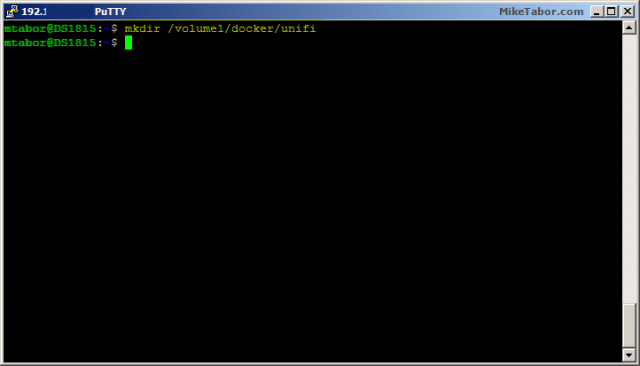

#Docker unifi controller install#
To install the UniFi Controller on Docker, let us install Docker if you have not already done so: There is also the linuxserver/unifi-controller image which may also work for you. The Docker image I used is ryansch/docker-unifi-rpi especially since it the image is designed to work for the Raspberry Pi.

However, I do not know if it was designed to work for the ARM architecture of the RPi. I tried one Docker image but it did not seem to work. Sometimes you have to rely on community versions and hope they keep the images up to date. That is often a bummer when you want to use containers since it is nice to have official support (if it is well maintained). Quickly, I discovered that there is no official Docker version of the UniFi Controller. So I thought I would look into a Docker version of the UniFi Controller since I already have Pi-hole installed on Docker on the same RPi. I tried doing some basic troubleshooting and reinstalling the software.
#Docker unifi controller software#
Starting with version 5.10.17, the UniFi Controller software would no longer start properly. This worked beautifully for several months. I originally installed the UniFi Controller directly on the Raspberry Pi by installing Java and then the UniFi Controller software. Pi-hole is one such light weight application that will not interfere with the performance of the UniFi Controller, which runs quite nicely for home network purposes (I cannot vouch for the performance of a larger scale network). However, I would recommend you only use light weight apps since the UniFi Controller is a heavy weight application for the RPi – at least with memory usage. I run a secondary Pi-hole DNS server on the same Raspberry Pi that has the UniFi Controller installed. You can save a little bit of money by using a Raspberry Pi (around $50-60 versus $90-100 depending on the accessories purchased for the RPi), and you also have the flexibility to run additional software on the same device. Ubiquiti sells their UniFi Cloud Key (affiliate link) if you wish to have a dedicated device, but you can also install it on your own hardware such as a Raspberry Pi (affiliate link). It is software used to manage all of your UniFi gear in a single, beautiful web-based dashboard. Those who use or own Ubiquiti UniFi products mostly are familiar with the UniFi Controller.


 0 kommentar(er)
0 kommentar(er)
